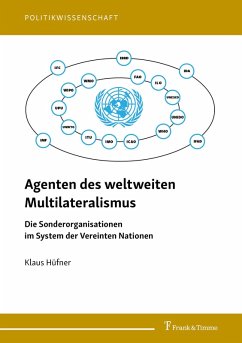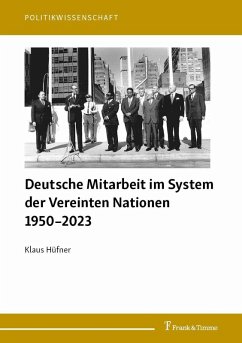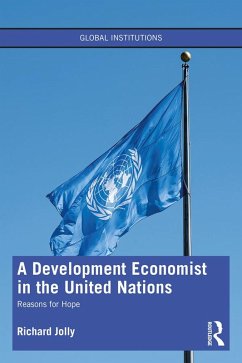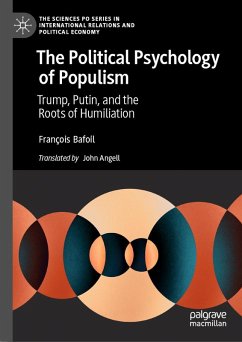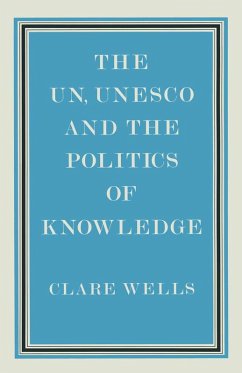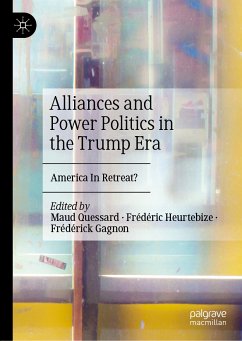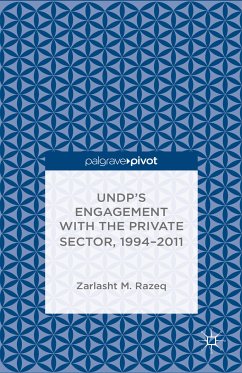
In Love-Hate with the United Nations? (eBook, PDF)
The United States and the UN System
Versandkostenfrei!
Sofort per Download lieferbar
40,00 €
inkl. MwSt.
Weitere Ausgaben:

PAYBACK Punkte
0 °P sammeln!
On the one hand, the United States is 'Number One' as contributor to the UN regular budget as well as to the budgets of the UN peacekeeping operations. On the other hand, the United States is also the largest debtor caused by either partially or fully deferred payments. This leads to a vicious circle: Large amounts of unpaid assessed contributions cause tremendous administrative difficulties for the programme budgeting activities of the UN. Also, many UN Specialized Agencies suffer under the US financial behaviour. The United States is in favour of shifting from assessed to voluntary contribut...
On the one hand, the United States is 'Number One' as contributor to the UN regular budget as well as to the budgets of the UN peacekeeping operations. On the other hand, the United States is also the largest debtor caused by either partially or fully deferred payments. This leads to a vicious circle: Large amounts of unpaid assessed contributions cause tremendous administrative difficulties for the programme budgeting activities of the UN. Also, many UN Specialized Agencies suffer under the US financial behaviour. The United States is in favour of shifting from assessed to voluntary contributions. Since most of them are restricted to specific projects or countries, this would imply that the US as the most important donor of voluntary contributions would also become the dominant decision-maker in the UN. The author analyses the funding behaviour of the United States over the last decades and shows that financial leverages are an inherent policy tool of the US vis-à-vis the UN. Klaus Hüfner, former university professor (Freie Universität Berlin), has been engaged in many activities at the periphery of the United Nations system since the early 1970s. He is Honorary President of the World Federation of the United Nations Associations, Geneva/New York and Member of the Presidium of the United Nations Association of Germany. Presently, he is engaged as: Senior Research Fellow of the Global Policy Forum, New York/Bonn, and consultant for teaching activities of UNITAR/ Universitat Oberta de Catalunya about financing the UN system, Geneva/ Barcelona.
Dieser Download kann aus rechtlichen Gründen nur mit Rechnungsadresse in A, B, BG, CY, CZ, D, DK, EW, E, FIN, F, GR, HR, H, IRL, I, LT, L, LR, M, NL, PL, P, R, S, SLO, SK ausgeliefert werden.




